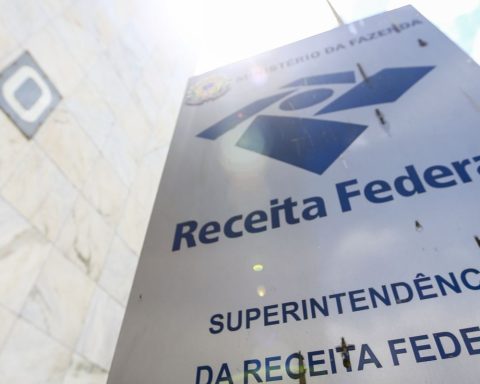In March of this year, 21 new administrative measures to companies for irregularities in the offer of payroll loans were applied through the Self-Regulation for Payroll Loans. In the same month, 11 bank correspondents were warned, nine had their activities temporarily suspended and one was permanently prevented from acting on behalf of the banks. The information was released this Monday (16) by the Brazilian Federation of Banks (Febraban).
One of the credit options most used by Brazilians, the payroll loan is a constant target of irregular approaches, especially by uncertified institutions. In many cases, the customer is not even aware that the loan has been taken out. According to the updated balance sheet released by the entity, since the beginning of self-regulation, in January 2020, 896 sanctions have already been applied. Since then, 38 companies have lost the right to carry out the activity permanently.
In cases where there was a recurrence, the agents had their activities suspended for periods ranging from five to 30 days. To avoid problems and protect themselves, the consumer can also verify that the banking correspondent is certified and able to offer payroll-deductible credit on behalf of the banks. The consultation is carried out through the professional’s CPF in the database of the Professional Certificate Records Center (CRCP).
“Commercial harassment often leads to over-indebtedness of consumers, especially the most vulnerable. And that doesn’t interest anyone, not the consumer, not the banks. All administrative measures applied to companies that act as banking correspondents aim to improve the quality of the product offer, improve customer relationships and increase transparency. We will remain firm in the fight against irregularities”, says the president of Febraban, Isaac Sidney.
self-regulation
32 financial institutions participate in self-regulation, representing around 99% of the total volume of the payroll loan portfolio in the country. By the system, any form of inappropriate or illicit capture or treatment of the consumer’s personal data without his authorization is considered serious misconduct. All banks participating in self-regulation are committed to adopting best practices regarding the protection and processing of customers’ personal data.
Banks that do not apply the sanctions can be fined by the Self-Regulation System for omissive conduct, with amounts ranging from R$45,000 to R$1 million. The fines collected will be used for financial education projects.
The monitoring and measurement of irregular actions are carried out by various sources of information. In addition to the number of valid complaints registered in the banks’ internal channels or received by Procons, the Central Bank or through Consumidor.gov.br, lawsuits and the indicators of an audit are evaluated, which takes into account governance and data management.
do not disturb me
Another measure of the Payroll Self-Regulation System is the platform do not disturb me. Through the tool, consumers can prohibit financial institutions and banking correspondents from proactively contacting them to offer payroll loans.
Between January 2, 2020 and April 26, 2022, 2,933,115 requests to block the phone to receive calls with unwanted offers on payroll loans were registered. The blocking requests made to all financial institutions totaled 2,289,375.
In order to strengthen Não Me Perturbe and reduce complaints from consumers who are pestered with unwanted calls, banks reject payroll contracting proposals sent by correspondents on behalf of consumers registered on the platform.
According to Febraban, to contract credit safely, the consumer must take some precautions, including asking for a simulation beforehand; do not decide in a hurry; distrust exaggerated proposals; do not make advance deposits to receive the loan and never sign anything without reading.
In case of repayment of consigned credit due to regret or unsolicited contracting, the consumer should seek the bank’s relationship channels. The borrower must also not make deposits into third-party accounts.

















